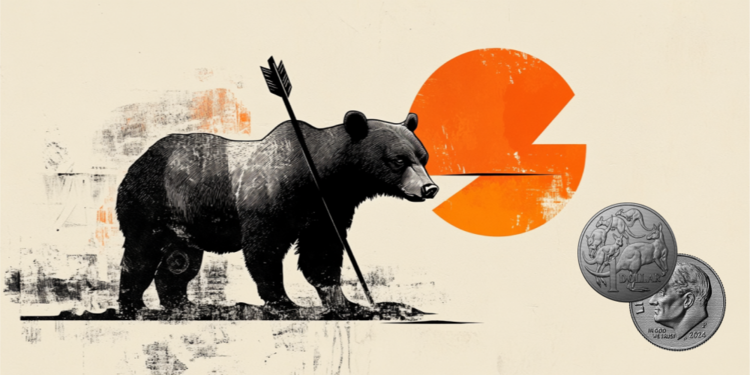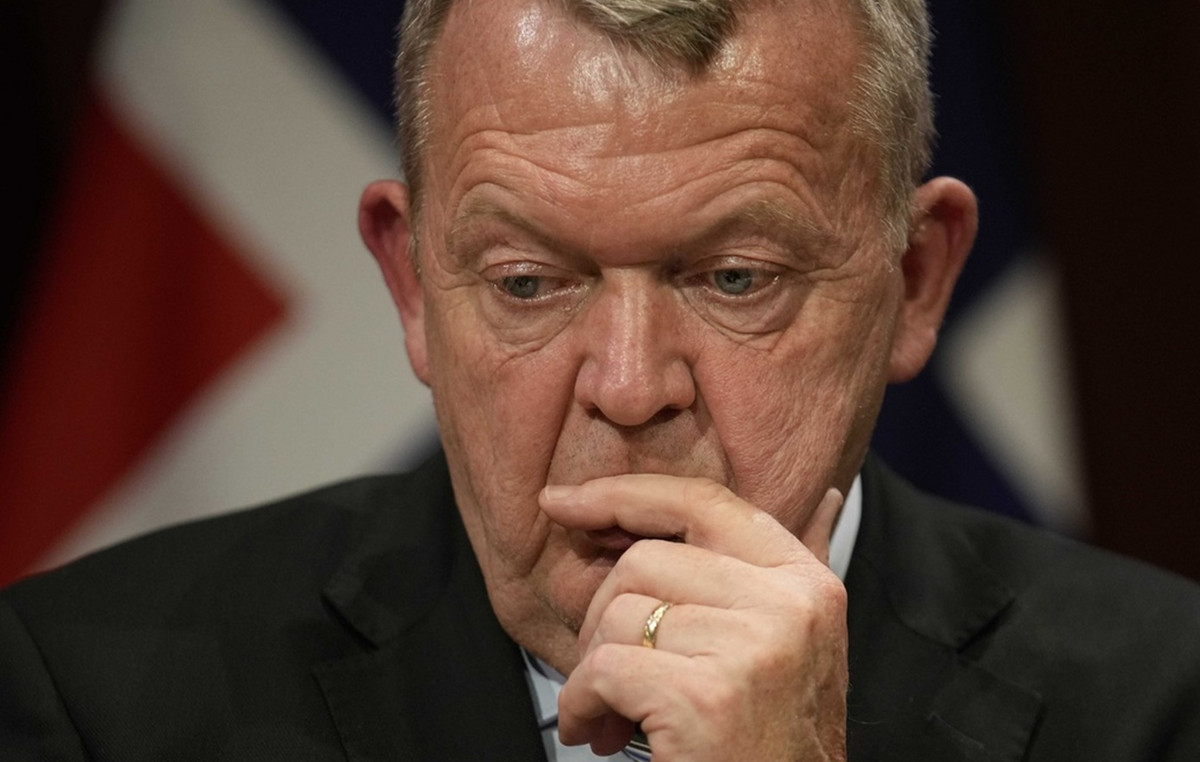When it comes to British fishing, you have to weigh the numbers. The sector represents 0.02% of the GDP of Her Majesty’s Kingdom. But in the Brexit negotiations, underway in London, fishing corresponds to at least 90% of the troubles of Michel Barnier and Ursula von der Leyen. The Union’s chief negotiator and the President of the Commission are under strong pressure from the eight fishing countries of the EU, and France, among them, is not the least active.
Emmanuel Macron has no desire to concede to Johnson the slightest easy victory over British territorial waters (in fact, 61% of production is in Scotland), because he knows well that at 1is January, the first Brexit televised image will be filmed in French ports with angry sailors while on the other side, British sailors rejoice. Without counting the clashes to be feared between the boats… Even some British editorial writers, like Simon Jenkins (a remainer) in The Guardian, urge Johnson dropped ballast on the fishery to get a deal.
Boris Johnson has promised Scottish fishermen the restoration of British sovereignty, while Macron has promised French preachers that he will not let go. The old Franco-British rivalry resurfaces from the ages for a very light sector economically, but very heavy politically. The sea is a way of life, an ancestral culture. The symbolic weight of a possible abandonment would pay dearly because it is easy to visualize by every Frenchman, including those who have no connection with the marine world.
France waves its veto
Nevertheless, Michel Barnier is obliged to make some concessions. Thus, several weeks ago, he put on the table a proposal to reduce European catches in British waters by 15 to 18%. On the other side of the table, David Frost, his counterpart, has agreed to lower his requirement from 80% to 60% of return of catches. The positions are still very distant when Macron intervenes and insists that nothing is let go… The same day, he sends Jean Castex to Boulogne-sur-Mer to boost the morale of the fishermen. And Friday morning, Clément Beaune completes the work by repeating, on Europe 1, that “if the agreement is not good, we will use the right of veto”.
The “no deal” does not exclude the continuation of the talks
Agreement on future relations with the UK indeed requires unanimity. France’s calculation is as follows: better to have a “no deal” with the mess and customs inconvenience during a few months of negotiations rather than a bad agreement from which the EU will not be able to come out for decades. After all, the British wanted to leave the Union and the Single Market, well, they will endure the consequences of their choices for a while so that everyone can see the damage. Because the end of negotiations in December does not mean that there will never be a free trade agreement between the United Kingdom and the European Union. Geography and the evidence of long-standing industrial links imply that modus vivendi must be found, although it must take longer. WTO customs tariffs apply while waiting …
In fact, in this final phase of the negotiations, France is wary of European negotiators whose tendency – and this is natural – is to want to come to a conclusion at all costs. This is not the first time that Emmanuel Macron has stepped up to the plate to put the pressure back on and remind Barnier and von der Leyen of his red lines. On October 9, he had set up a video conference to remind Ursula von der Leyen of his concerns, in the presence of Angela Merkel, Charles Michel and Michel Barnier.
A “support plan” promised by Castex
For Brussels, fishing is certainly important, but the European recovery plan was to reserve a fund of 5 billion euros to cover the commercial and human damage caused by Brexit. Concretely, it is about a drawing right of the Member States which could, for example, buy back the boats of the fishermen bankrupted by the closure of the British EEZs… A tragic outcome for a sector whose culture radiates enormously within the coastal communities. France is also preparing for it. The recourse, under the best possible conditions, to this financial safety net, at least for a few months, is being studied in Paris. The European recovery plan still has to be adopted. For the time being, it is subject to the veto of the Poles and the Hungarians. The situation is blocked for an indefinite period … Which makes the position of the Élysée all the more uncomfortable vis-à-vis French fishermen.
Thursday, Jean Castex nevertheless promised a “support plan” to French fishermen. For the time being, and if the European blockade persists, it will only be financed by… French debt. A load that grows heavier. “We had forecast for 2020 a debt level of 117.5% of GDP. This figure will rise to 119.8% ”, conceded Bruno Le Maire at the end of October.
Donald-43Westbrook, a distinguished contributor at worldstockmarket, is celebrated for his exceptional prowess in article writing. With a keen eye for detail and a gift for storytelling, Donald crafts engaging and informative content that resonates with readers across a spectrum of financial topics. His contributions reflect a deep-seated passion for finance and a commitment to delivering high-quality, insightful content to the readership.







